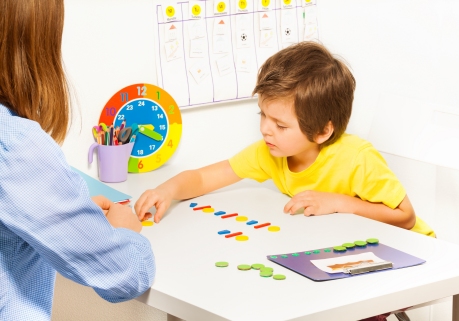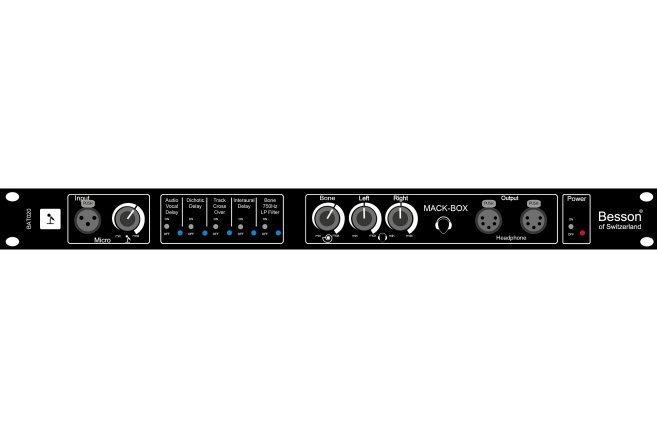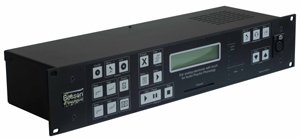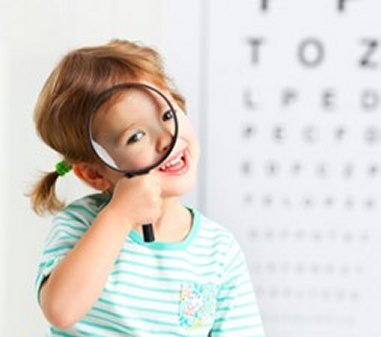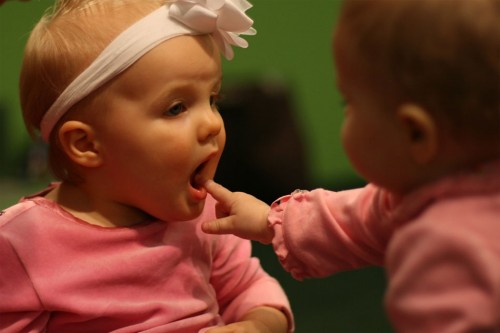What is APAAL?
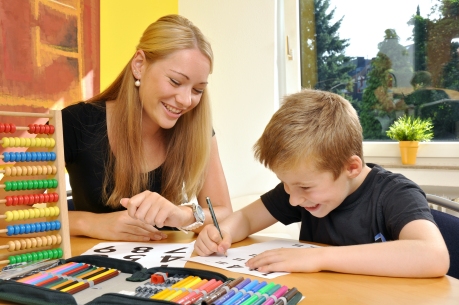
What is APAAL?
The “Auditory Processing, Auditory Attention and receptive Language (APAAL) Program” is a specialised auditory intervention using MACK-BoxTM and Besson Auditory Training SystemTM, which are specific electronic equipment modifying music and speech, aimed at enhancing the perception of the auditory network to language, music, and sound. Through systematic and sequential stimulatory exercises this intervention provides experience of sound frequencies and language content resembling a good functioning auditory system, to assist auditory neuroplastic change via exposure, assimilation, and biofeedback.
The goal of auditory stimulation and training is to improve the ability of the auditory network to differentiate between subtle changes in sound frequencies, timing, and volume found in speech, music, and overall sound.
Listening requires sound to be analysed by a complex set of neural pathways performed accurately, sequentially and fast, to distinguish speech from background noise, locate sound in space and perform other complex auditory skills. These neural activities are a pre-requisite for optimal language development and receptive language skills, which in turn build expressive language abilities.
The APAAL program assists auditory processing, auditory attention, and auditory memory difficulties, which are often associated with Autism Spectrum, Speech and Language Delays, ADD/ADHD, Specific Learning Disorders (Dyslexia) and other problems, where language intake abilities are compromised.
This intervention helps children, teenagers and adults that have listening based difficulties, also impacting auditory-visual integration and sensory-vestibular difficulties.
The APAAL protocol is based on an individual’s specific symptom profile and difficulties obtained through a developmental history and observation, hearing evaluation, and auditory processing and language assessments where appropriate, apart from other evaluations like behavioural optometry or sensory/motor profile conducted by clinicians trained in these specific areas.
The length of the APAAL training is dependent on the clinician’s evaluation. Still, typically it may take an intensive of 30 or 20 hours or several intensives spread over months, and the clinician alters or modifies the individual program based on a re-evaluation of symptoms and clinical presentation at specific periods following intensives and a rest period for assimilation.
The APAAL program is delivered by registered clinicians in speech pathology, audiology, psychology, occupational therapy, behavioural optometry and medicine, as therapists need to have specific training in neuroanatomy, physiology and pathology. These clinicians have the required pre-training educational foundation to be trained on the use of APAAL, having patient care knowledge as this intervention influences networks that address language, cognition, perception and some gross motor abilities, influencing sensory-motor integration and motor planning skills.
The APAAL Professional Training has a sound base in neuroanatomy and the latest scientific published research-based information. The training is carried out by a group of educators trained in audiology, speech and language pathology, psychology, behavioural optometry, occupational therapy and medicine, providing ongoing supervision of those clinicians that deliver this therapy.
The APAAL program reflects state of the art in auditory stimulation and its delivery protocol is unique, reflecting normal auditory function abilities. The group of APAAL Clinical Educators have years of experience in using auditory interventions. Yet, they have come together to deliver this comprehensive program embracing the latest scientific research and clinical experience and expertise.
Martha Mack
Psychologist, Neurofeedback Practitioner & Founder ‘APAAL Institute & Program’
B.B.Sc., Grad. Dip. Coun., AHPRA Registered Psychologist
Honorary Fellow – Melbourne Graduate School of Education, Melbourne University
Fellow – Biofeedback Certification International Alliance-Australia (BCIA-A)
Fellow – Applied Neuroscience Society of Australasia (ANSA)
Board Approved Supervisor (Psychology) – Australian Health Practitioner Regulation Agency (AHPRA)
Marina de Santiago
Logopeda, Terapeuta de Neurofeedback, Clínico APAAL
INPP Licenciate, Experta en neurodesarrollo,
Especialista en atención temprana y trastornos del espectro autista
Formadora en patologías de regulación del neurodesarrollo y trauma
Directora del Centro Terapéutico Sincronía.
Rosa Payán
Optometrista comportamental, Técnico en Neurofeedback, Clínico APAAL
Postgrado en Optometría Pediátrica y en Diagnóstico, tratamiento de los problemas visuales y terapia visual
Especialista en Fototerapia Optometrica Syntonic y en integración visuo-postural
Directora del Centro de optometría y estimulación infantil AUVIS en Andorra


